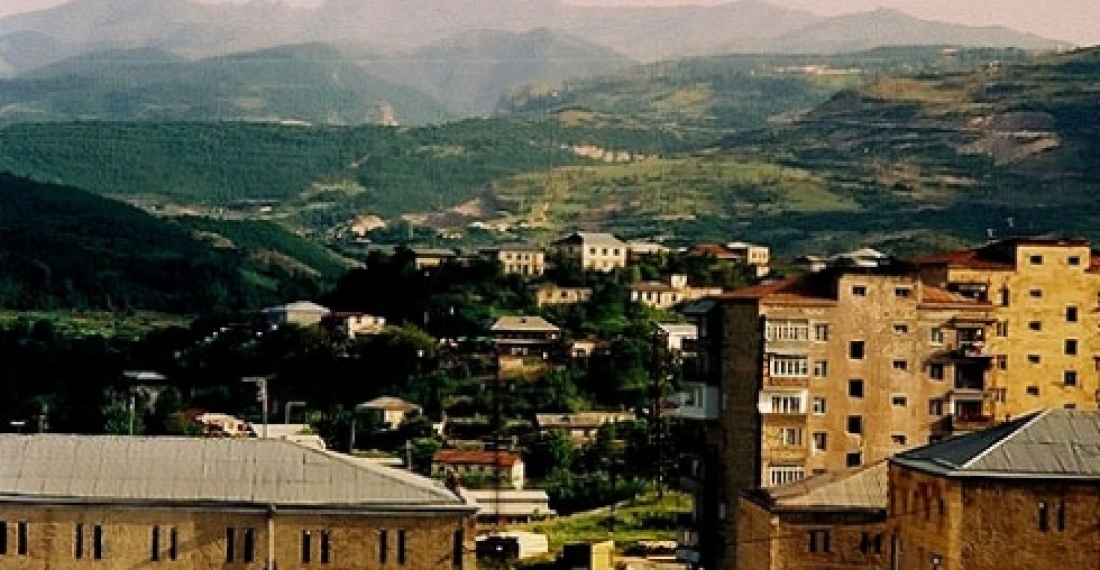Several non-governmental organizations of Nagorno-Karabakh have come out with an open letter. The authors of
the letter urge the OSCE Minsk Group co-chairs to call spade a spade
and adequately assess the presence of Azeri snipers on the contact
line of the NKR and Azerbaijani Armed Forces. The letter says that
despite the constant threats of Azeri President Ilham Aliyev to start
a war, he is incapable and has no desire to do that.
"The main reason of that is the lack of confidence in his army and
the understanding that the war will first of all deliver a blow on
his own positions", the letter say. "What to do? How to confirm his
military rhetoric by actions and to keep his people in the state of
permanent war without starting a real war and without endangering his
own power?", the authors say. They point out that the active use of
snipers has become the best solution, as the sniper war with minimum
fire causes a lot more human losses than the intensive fire from
basic weapons.
The mediators qualify the Azeri snipers' actions as single
"violations of ceasefire" by their quantity, whereas these are quite
active military actions by their intention and consequences. It
should be noted that it is for the mediators to decide how to qualify
the snipers' actions - "ceasefire violation" or "military actions",
the letter says.
The authors of the letter also say that Azerbaijan does not only
refuses pointblank the bilateral withdrawal of snipers, but also
openly increases their number on the line of contact. "Taking his
lead from Azerbaijan, the OSCE Chairman-in-Office, Lithuanian Foreign
Minister Audronius Azubalis offers Karabakh to withdraw the snipers
in the unilateral way instead of condemning Azerbaijan's refusal from
bilateral withdrawal", the document says and adds that hereby
Azubalis is trying to add military impunity to the political impunity
of Azerbaijan.
Presence of Azeri snipers is an alternative to military action for Ilham Aliyev
Presence of Azeri snipers is an alternative to military action for Ilham Aliyev







